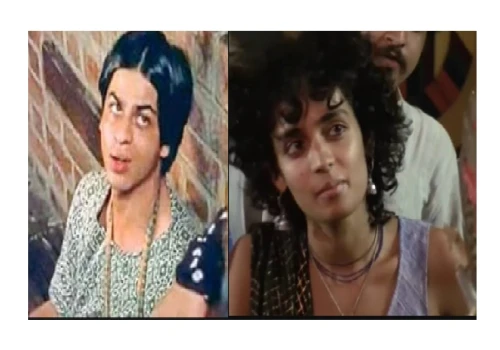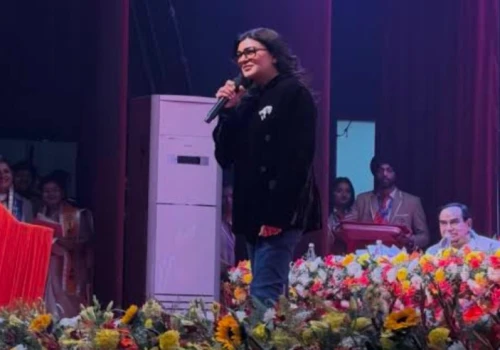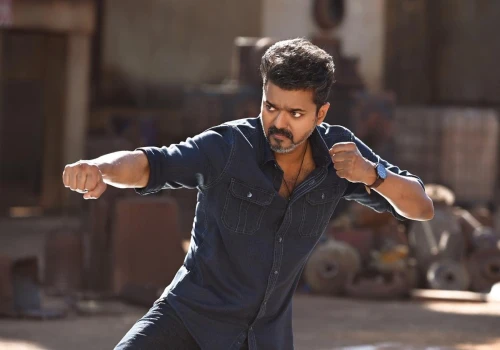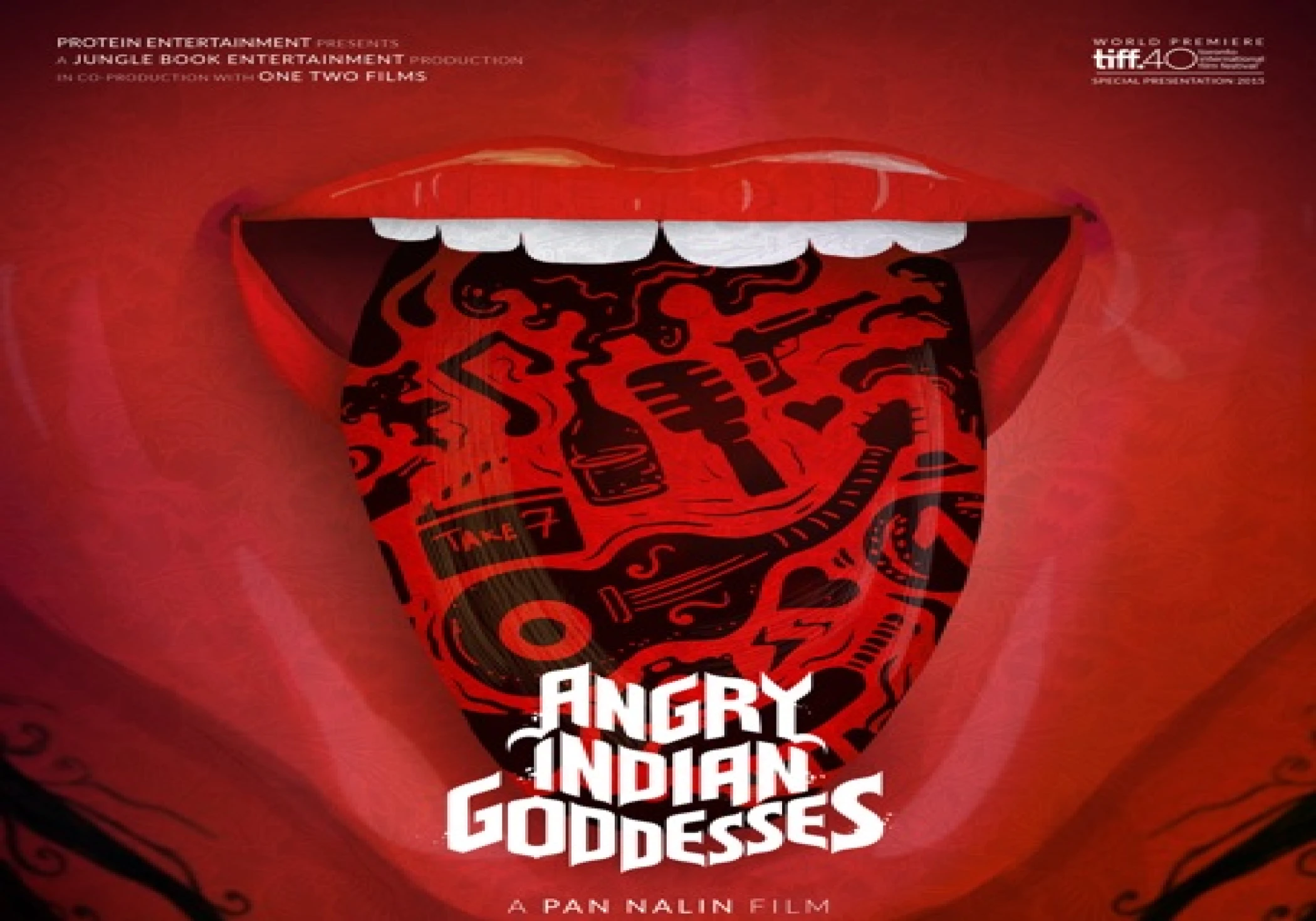
In 2015, the Indian film industry witnessed a groundbreaking cinematic revolution with the release of "Angry Indian Goddesses," a film that defied conventional norms and challenged societal stereotypes. The film is directed by Pan Nalin and produced by Gaurav Dhingra, this feminist drama created ripples not only within the Indian film fraternity but also among audiences worldwide.
The film starring Sandhya Mridul, Tannishtha Chatterjee, Sarah-Jane Dias, Anushka Manchanda, Amrit Maghera, Rajshri Deshpande, Pavleen Gujral, Arjun Mathur and Adil Hussain are the main cast.
Plot
"Angry Indian Goddesses" revolves around the lives of seven Indian women from diverse backgrounds who come together for a bachelorette party in Goa. As the celebrations unfold, the film delves deep into their personal struggles, societal pressures, and the complexities of modern-day India. Each character represents a different facet of womanhood, challenging traditional stereotypes and advocating for gender equality.
Critical Acclaim
Upon its release, "Angry Indian Goddesses" received widespread critical acclaim for its bold narrative, compelling performances, and unapologetic portrayal of female empowerment. Critics praised the film for its authenticity, raw emotions, and thought-provoking themes. It won several awards, including the People's Choice Award at the Toronto International Film Festival, cementing its place as a trailblazer in Indian cinema.
Social Impact
Beyond its cinematic brilliance, "Angry Indian Goddesses" sparked important conversations about gender equality, female sexuality, and women's rights in India. It challenged the patriarchal norms deeply rooted in society and provided a platform for women to voice their struggles and aspirations. The film ignited a wave of activism and inspired many to question the status quo, leading to greater awareness and advocacy for women's issues.
Five years since its release, "Angry Indian Goddesses" continues to resonate with audiences worldwide. Its legacy lies not only in its cinematic achievements but also in its contribution to social change. The film serves as a reminder of the power of storytelling to provoke thought, evoke emotion, and drive positive transformation in society.
"Angry Indian Goddesses" stands as a testament to the evolving landscape of Indian cinema and the growing influence of feminist narratives. In an industry dominated by male-centric stories, this film dared to break barriers, shatter stereotypes, and celebrate the strength and resilience of women. Its impact transcends the silver screen, leaving an indelible mark on hearts and minds, and inspiring generations to come.



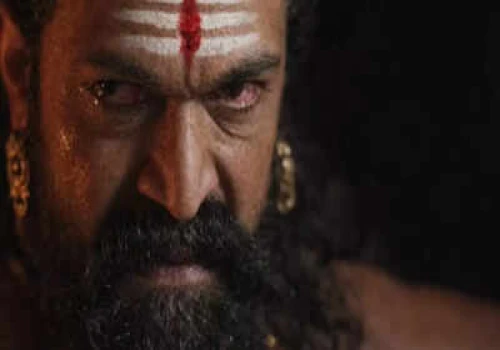



_500_x_350.webp)
